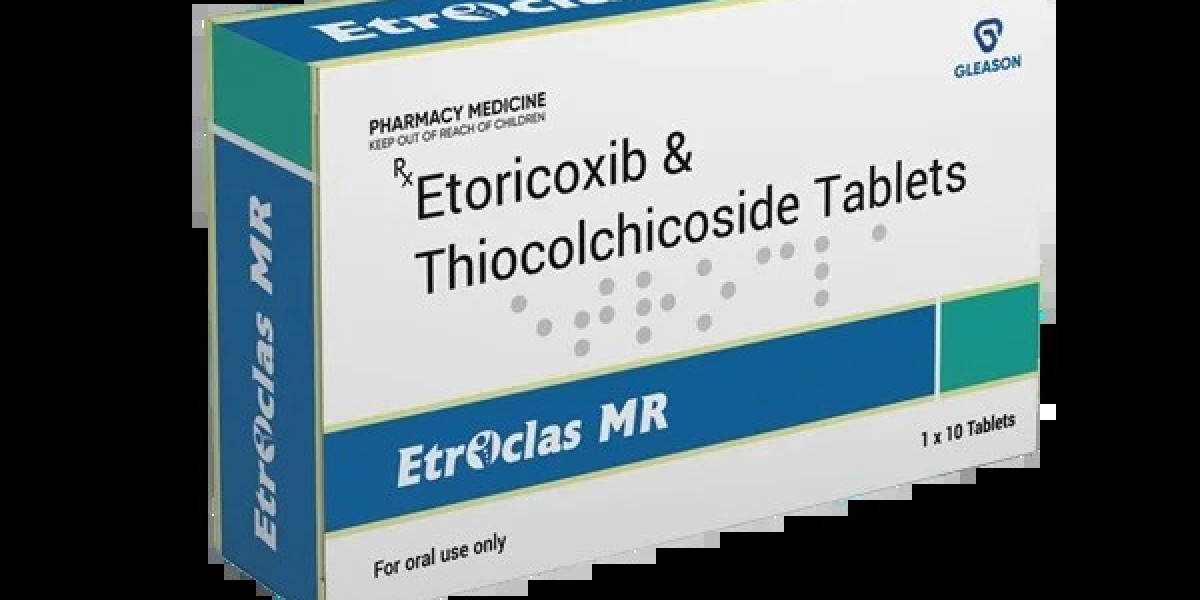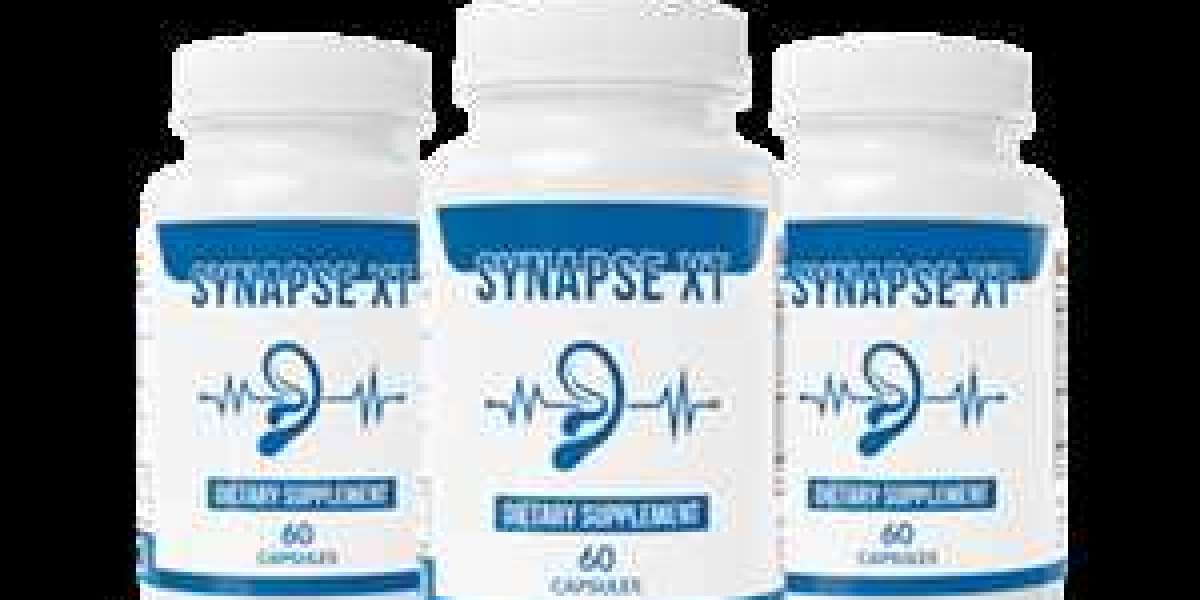Etroclas MR is a modified-release (MR) tablet commonly used for its anti-inflammatory and analgesic properties. It is often prescribed to manage pain and inflammation associated with conditions like osteoarthritis, rheumatoid arthritis, and ankylosing spondylitis. Understanding the science behind Etroclas MR requires a closer look at its active ingredient, how it works in the body, and why its modified-release formulation is beneficial.
Active Ingredient: Etoricoxib
The primary active ingredient in Etroclas MR is Etoricoxib, a nonsteroidal anti-inflammatory drug (NSAID). Specifically, Etoricoxib belongs to a class of drugs known as COX-2 inhibitors. To understand how Etoricoxib works, it's essential to first grasp the role of the enzyme cyclooxygenase (COX) in the body.
The Role of COX Enzymes
The body produces two main types of cyclooxygenase enzymes: COX-1 and COX-2. Both enzymes play a crucial role in the formation of prostaglandins, which are lipid compounds that perform various functions, including mediating inflammation, pain, and fever.
- COX-1: This enzyme is found in most tissues and is involved in maintaining the normal lining of the stomach, protecting the gastrointestinal tract, and supporting kidney function.
- COX-2: This enzyme is primarily induced during inflammation. It is responsible for the production of prostaglandins that mediate pain and inflammation in response to injury or infection.
Traditional NSAIDs, such as ibuprofen, inhibit both COX-1 and COX-2 enzymes, reducing inflammation and pain. However, this non-selective inhibition can lead to side effects, particularly in the gastrointestinal tract, due to the suppression of COX-1, which is protective of the stomach lining.
Etoricoxib as a COX-2 Selective Inhibitor
Etoricoxib is a selective COX-2 inhibitor, meaning it primarily targets the COX-2 enzyme while sparing COX-1. By selectively inhibiting COX-2, Etoricoxib reduces the production of prostaglandins responsible for pain and inflammation without significantly affecting those that protect the gastrointestinal lining. This selective action is what makes Etoricoxib an effective anti-inflammatory agent with a potentially lower risk of gastrointestinal side effects compared to non-selective NSAIDs.
Modified-Release (MR) Formulation
The "MR" in Etroclas MR stands for "Modified-Release." This formulation is designed to release the active ingredient, Etoricoxib, gradually over time, rather than all at once. This controlled release offers several advantages:
Sustained Relief: The gradual release of Etoricoxib ensures that therapeutic levels of the drug are maintained in the bloodstream over an extended period, providing sustained pain relief throughout the day.
Reduced Dosage Frequency: Because of the extended release, patients may only need to take the medication once daily, improving adherence to the treatment regimen.
Minimized Side Effects: By avoiding the sharp peaks in drug concentration that can occur with immediate-release formulations, the MR formulation may reduce the risk of side effects, particularly those related to the gastrointestinal system.
Pharmacokinetics and Mechanism of Action
Once ingested, Etroclas MR Tablet is absorbed in the gastrointestinal tract. Due to its modified-release nature, Etoricoxib is gradually released, ensuring steady absorption into the bloodstream. Once in the bloodstream, Etoricoxib reaches the site of inflammation, where it exerts its effect by selectively inhibiting COX-2. This inhibition leads to a decrease in the synthesis of prostaglandins responsible for inflammation and pain.
The peak plasma concentration of Etoricoxib is typically reached within 1 to 3 hours after ingestion. The drug is metabolized primarily in the liver and excreted through the kidneys. The half-life of Etoricoxib is approximately 22 hours, which supports its once-daily dosing regimen.
Clinical Benefits and Applications
Etroclas MR is widely used in clinical settings for the management of various conditions characterized by pain and inflammation. Its primary applications include:
- Osteoarthritis: To reduce pain and improve joint function in patients with degenerative joint disease.
- Rheumatoid Arthritis: To manage the chronic inflammation and pain associated with this autoimmune disorder.
- Ankylosing Spondylitis: To alleviate pain and stiffness in patients with this inflammatory arthritis affecting the spine.
The selective inhibition of COX-2 by Etoricoxib in Etroclas MR makes it a valuable option for long-term management of these conditions, especially in patients at risk for gastrointestinal complications from non-selective NSAIDs.
Conclusion
Etroclas MR, with its active ingredient Etoricoxib and modified-release formulation, offers a targeted approach to managing pain and inflammation. By selectively inhibiting COX-2, it effectively reduces the symptoms associated with various inflammatory conditions while minimizing the risk of gastrointestinal side effects. The MR formulation further enhances patient convenience and adherence by providing sustained relief with once-daily dosing. Understanding the science behind Etroclas MR highlights its role as a significant advancement in the treatment of chronic inflammatory diseases. Vaihance 100 contains a carefully measured dosage to ensure effective management of symptoms.



